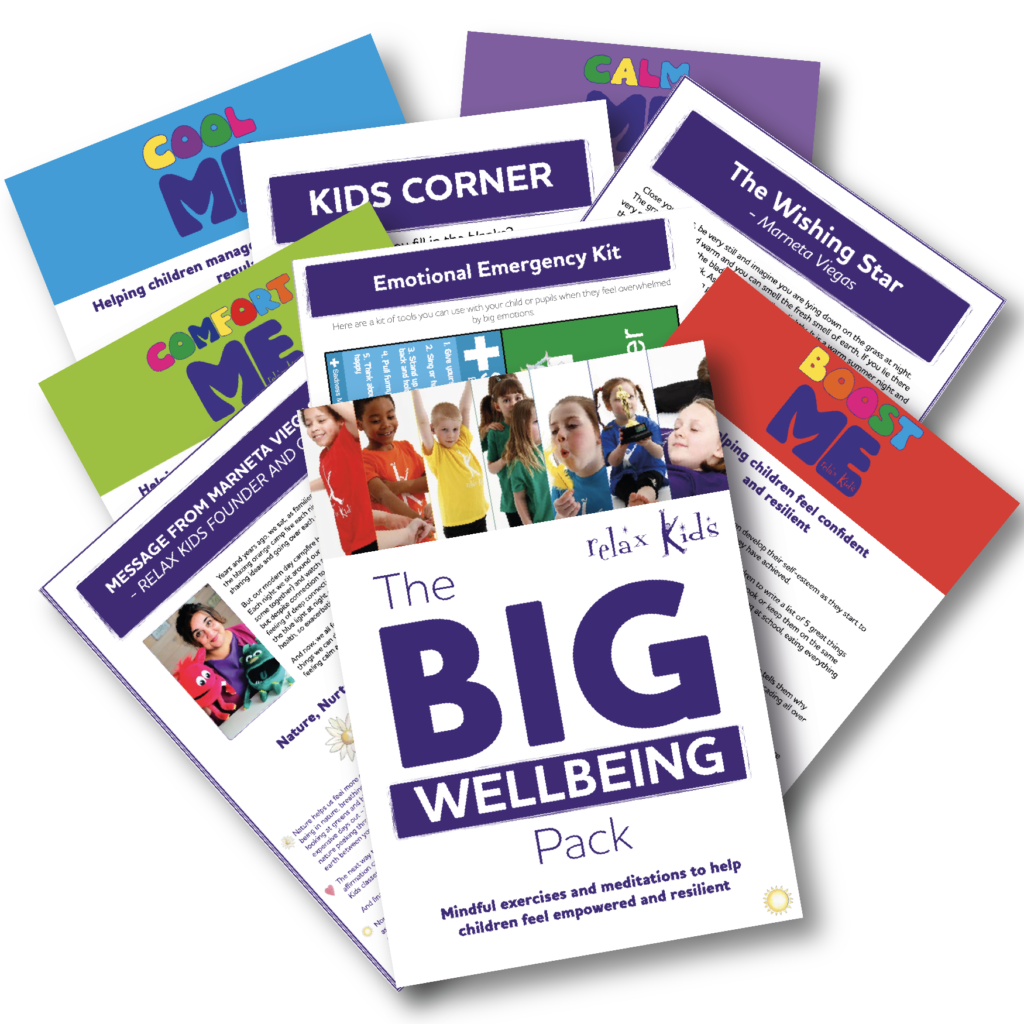[cjtoolbox name="Current Coach"]
Self-regulation resources and training to support children’s mental health
Self-regulation resources and training to support children’s mental health

Labyrinths have been used in history for meditation!
Relaxation can be defined as a feeling of being calm, an act of relaxing the body and mind ‚ the state of simply being relaxed. It is not a new invention, however, it is a state that many of us have forgotten how to be. Generally, we seem to be more consumed with a fast paced lifestyle filled with technology. This includes children, who, these days, have access to the same kinds of technologies that adults do. This poses the question, are children growing up too quickly and taking on too much pressure at too young an age?
Those children who spend considerably more time involved taking part in other activities where they are allowed to feel their body relax are found to be less stressed, (BBC 2006). Relaxation is a way of offering children an outer school activity and it consists of high and low energy states to let the body fully relax. Many people may wonder what children have to worry about but with 1 in 5 children now diagnosed with mental health problems, the numbers speak for themselves (British Medical Association 2006, Office of National Statistics 2004, The Telegraph 2009, TimesOnline 2010).
By looking at numerous pieces of research it can be said that the biggest worries that children have are: exams, friendships, homework, health, the future, (Ofsted TellUs Survey, anon). In fact, the BBC (2008) take this even further by suggesting that holidays are stressful to children too‚ they lose their sense of belonging when away from school and their confidence levels drop.
Start them young
Forman and O’Malley (1985) explain that attitudes that we take on to later life are formed in our youth. It is these attitudes that influence our future adult behaviour. If we can try and help children through stress at a young age, then they have stress management techniques for life.
There has been much research to explain the benefits of relaxation procedures on children, both those who are anxious and those who are said to be generally healthy confident, (Barrett and Turner 2001, Allen and Klien 1996, Speidel and Troy 1985).
A stressed child may have many symptoms that are visible on their physical and mental health. This shall be explored further later. A generally healthy and confident child may not have particular symptoms that cause them dilemma, however, regular relaxation can allow them to maintain their healthy mental and physical outlook and inspire peers to do the same.
Schools and Relaxation
Goleman, (1995) recognises that when children compare themselves with peers and a competitive air is apparent, for example through competitive sports or academic tests, enzymes in the brain are produced that can interfere with concentration and classroom behaviour. In a classroom of children with different abilities, relaxation can be a way of creating a more cohesive, team atmosphere.
There is no competitive air as relaxation activities allow children to recognise their personal breathing patterns, understand what their body needs at that time and play and interact with one another, so that they can build on their peer relationships. Children can receive positive feedback for listening to themselves. Positive feedback allows children to have a more positive approach to their own ability.
The government has realised the importance of considering the emotional aspects of children’s learning. The approach (SEAL) includes discreet lessons in life and learning opportunities that tie into the curriculum. This is a way that all children can be assisted, no matter what their personal circumstances may be. A few years ago these concepts may have been rather alien as many adults questioned how such activities can be beneficial for a child for example, visualisation (which sparks their imagination), affirmation (positive statements) and breathing exercises (that helps keep them calm and focussed).
Children are much more susceptible to working around strangers/teachers than adults so they are more willing to take part in these activities.
Try our Focus Me album to help with wondering thoughts and concentration struggles – https://relaxkids.com/product/focus-me-mp3/
Apply Now!
Relax Kids Training


By submitting this form you agree to the Terms and Privacy Policy of Relax Kids Ltd
RELAX KIDS LTD
Merchant House
5 East St Helen Street
Abingdon
OX14 5EG
+44(0)7778 435743
Latest News
New Stories
Affiliate
Become an Affiliate

